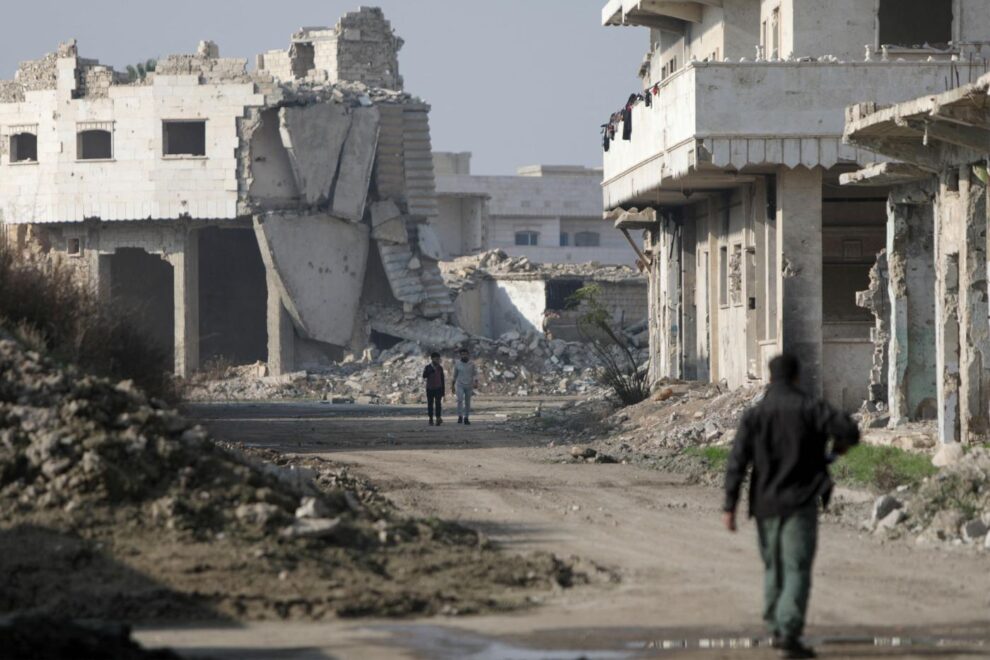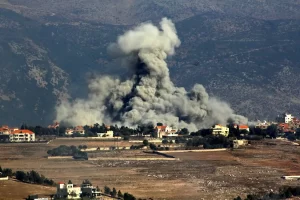(ICJ) over claims that the government of President Bashar al-Assad engaged in torture against its people.
In their application to the court, the two countries accused Syria of having committed “countless violations of international law”.
“These violations include the use of torture and other cruel, inhuman or degrading treatment or punishment… including through abhorrent treatment of detainees, inhumane conditions in places of detention, enforced disappearances, the use of sexual and gender-based violence, and violence against children,” they said in a statement released by the ICJ.
The use of chemical weapons in the war in Syria, which began after an uprising in 2011, was also specifically mentioned in the application, described as a “particularly abhorrent practice to intimidate and punish the civilian population”.
While the Syrian government has denied the use of chemical weapons, and claimed that the country’s opposition used them, the government has been blamed for the use of such internationally banned weapons on several occasions, including in January by the Organisation for the Prohibition of Chemical Weapons.
Canada, the Netherlands and Syria are all parties to the UN Convention Against Torture.
The ICJ will now determine whether it has the jurisdiction to hear the case. If it does decide to proceed, it is unclear when the ICJ would deliver its verdict, as the court can take years to process cases.
In a statement, the Dutch foreign ministry said that there was “ample evidence” that Syria had committed “serious human rights violations against Syrian citizens on a grand scale”.
Along with Canada, it decided to approach the ICJ after efforts were frustrated at the UN Security Council, where Syrian ally Russia – which has been actively involved in the war – has a veto.
The ongoing conflict has caused mass devastation to Syria and involves forces from several countries, including Turkey and Iran.
Hundreds of thousands have been killed, many of them civilians, and millions have been both internally and externally displaced, with many becoming refugees, predominantly in the Middle East and Europe.
After opposition gains in the early years of the war, the government was able to turn the tide with Russian and Iranian backing, and opposition forces are now only in control of portions of the northern part of the country.
Source : Middle East Eye






































